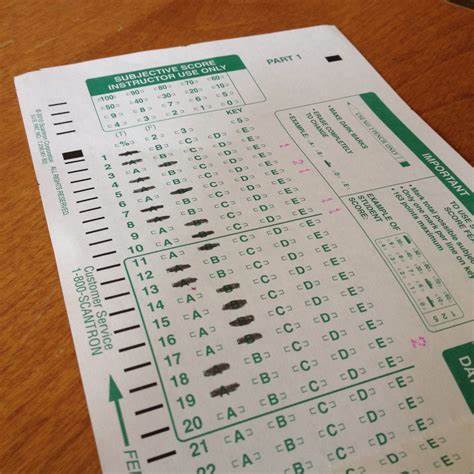How Much Stress is Too Much Stress?

Picture this: it is 11 o’clock on a school night and you’re completely exhausted. After being drained from a day at school, you come home to four or more hours of hardcore studying and homework. Sound familiar? You’re not the only one struggling to maintain mental stability while attempting to balance your school work and social life. The pressure from school work has a profound effect on how you perform in school, your sleeping habits, and your memory. So how much stress is too much?
The Guardian reports that 89% of teachers believe that high-stakes school assignments and exams play a massive role in developing anxiety in students. This anxiety and stress is known to cause extreme exhaustion and fatigue, which results in further stress and tiredness. In many circumstances, students stay up late at night and get up early the following morning to complete assignments on time. Students may be pressured to take multiple AP or other higher level classes. The demands of these classes crescendo into an overwhelming amount of assignments that can push students to their breaking points.
Exhaustion and fatigue result in difficulties in concentration and one’s ability to remember information. There is a physiological reason for memory loss that can be problematic during the school year when students are studying for important exams. Stress causes an increase in cortisol, a hormone that is secreted by the adrenal gland, resulting in memory loss, weight gain, decreased immune function, and other side effects that can
majorly impair health. The longer you deal with stress and anxiety, the more likely you will suffer from memory loss because of the increase of this hormone.
Stress prevents teens from completing work and from being constructive. Stress is extremely counter-productive when heaps of homework are waiting to be done. The cycle of overwhelming work, inadequate sleep, and tge inability to concentrate can spiral teens into a constant state of anxiety and pressure.
Tired of stress?
Here are five simple tips for managing stress:
- Take a breather- Stepping away from the situation temporarily may grant you a better perspective on how to handle it healthily and efficiently.
- Meditate- Meditation gives the body and mind time to relax, focus, and recharge. Check out these sites for some meditation tips:
http://health.howstuffworks.com/wellness/stress-management/how-to-get-started-with-meditation.htm
http://www.how-to-meditate.org/
3. Positivity- Maintain optimistic thoughts about your life and where you’re heading, even though the stress may be weighing you down. Studies show that cracking a smile when you’re feeling down will actually make you a little bit happier.
4. Express yourself- When you need an emotional release, pull out a notebook or a sketchbook to quiet your mind.
5. Cut back- A busy life is not always a happy life. Cut back on extra activities and focus on what needs to be done.
Want to read more?
http://www.extension.umn.edu/youth/research/adolescent-stress-and-depression/
http://www.helpguide.org/mental/stress_management_relief_coping.htm
http://www.theguardian.com/education/2008/mar/18/schools.uk8















